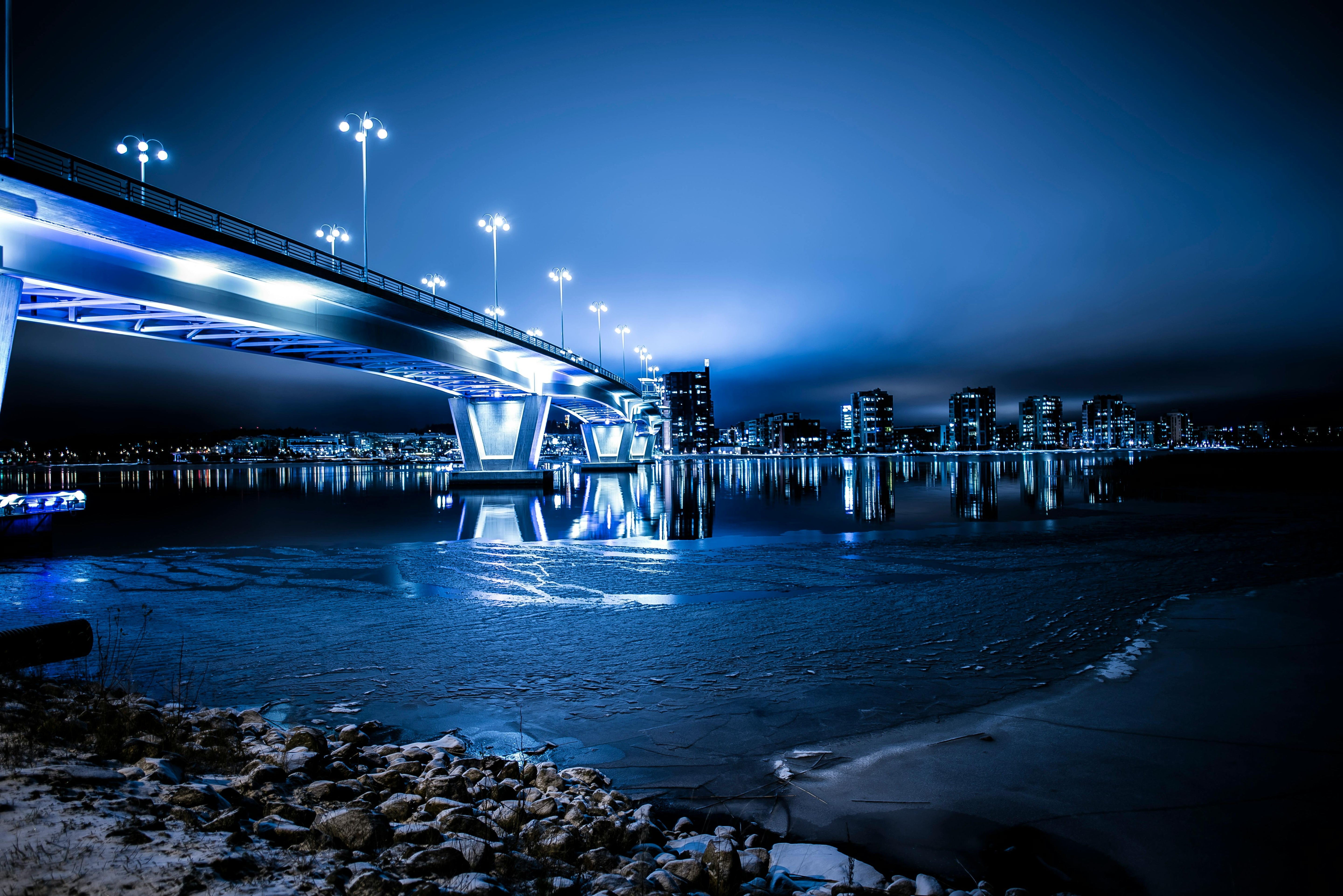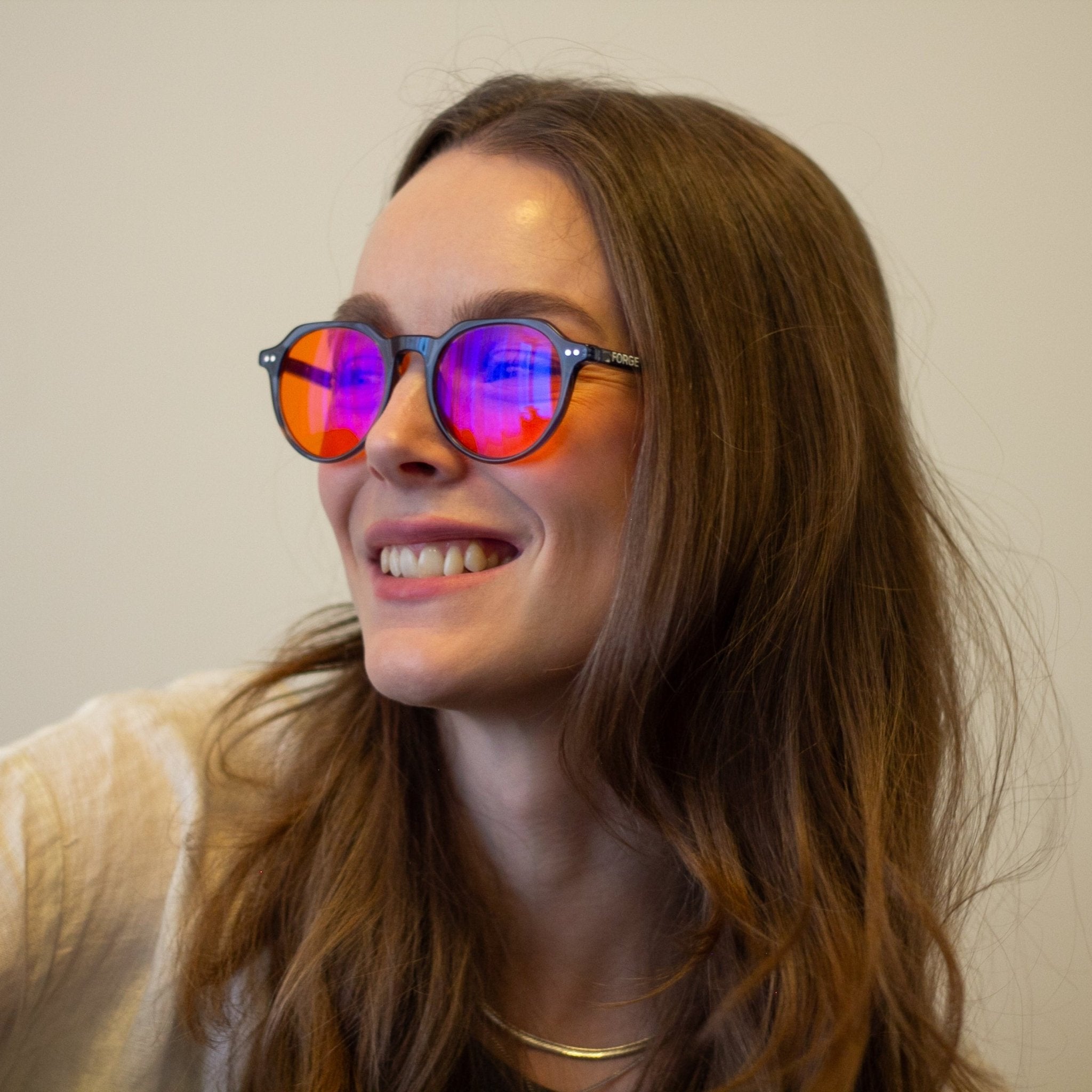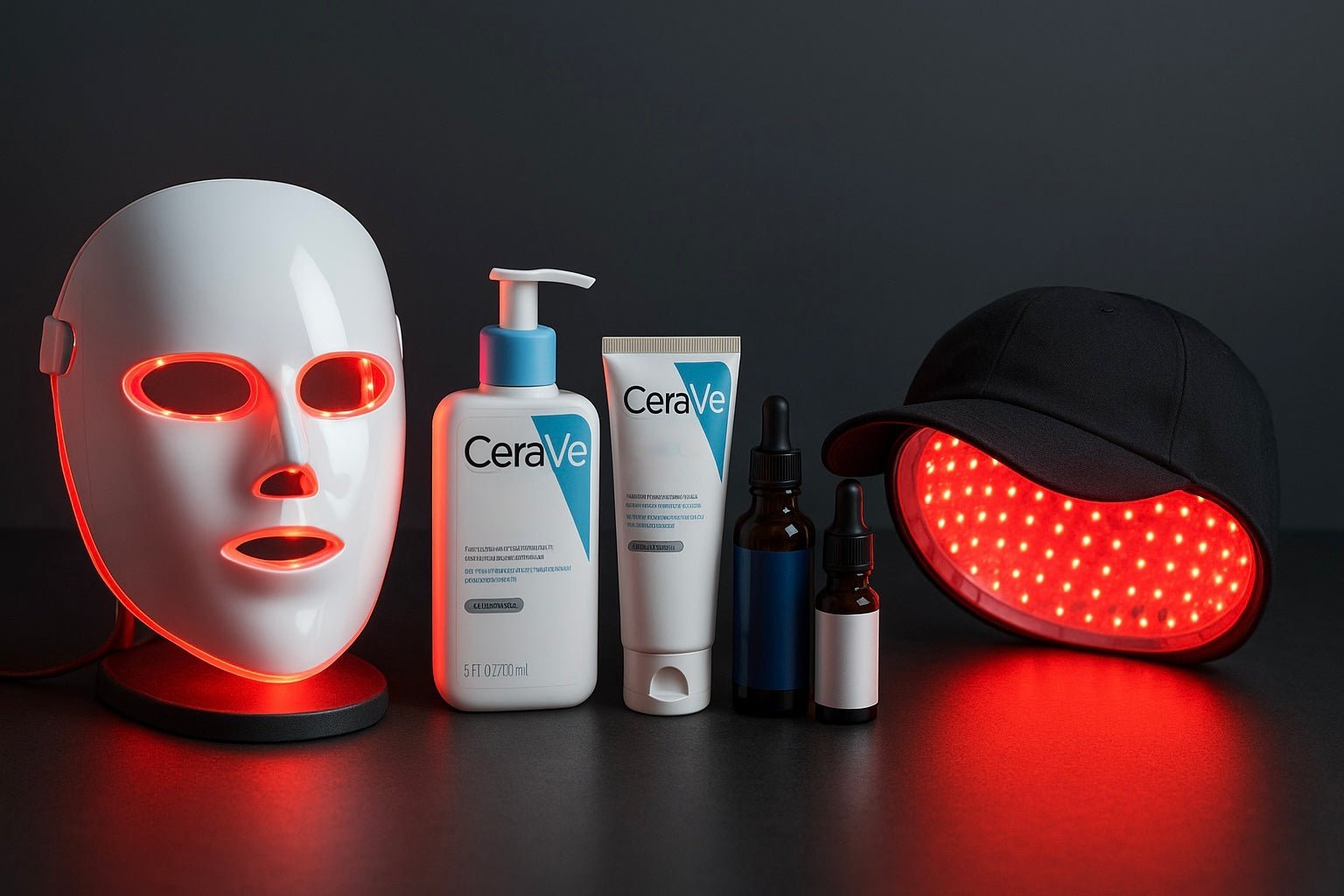Blue Light and Sleep: Why Your Brain Needs Darkness to Recover

Our screens have become an extension of ourselves. We wake up to the phone alarm clock, work in front of a computer, and wind down with one last episode or scroll before bed.
But while the brain believes it’s still daytime, the body is trying to prepare for night. Blue light itself isn’t new — it exists naturally in sunlight. The difference is that we’re now exposed to it constantly, and at the wrong times.
Research shows that artificial blue light in the evening can disrupt sleep, hormone balance, and the body’s circadian rhythm.
When melatonin production is suppressed, it becomes harder to fall asleep — and the sleep you get is lighter and less restorative.
Over time, this can affect energy levels, immune function, and mental well-being — small, daily disruptions that gradually drain the body’s ability to recover.
What Is Blue Light — and Why Does It Affect Us?
Blue light is high-frequency light within the visible spectrum, and it directly influences the production of melatonin — the body’s natural sleep hormone.
When blue light hits your eyes, the brain interprets it as daylight. It stops melatonin production and signals that it’s still time to stay awake.
In nature, this response is essential. Blue light from the sun increases alertness, supports focus, and helps regulate the circadian rhythm.
The problem arises when we’re exposed to too much artificial blue light at night — from screens, LED lighting, and city lights — confusing the brain’s biological clock.
When Are We Exposed to Blue Light?
A 2024 report found that people aged 16 to 64 now spend an average of 6 hours and 38 minutes per day in front of screens.
That means most of us are exposed to intense blue light — not just during work hours, but often right up until bedtime.
Common sources of blue light include:
- Phones, computers, and televisions
- LED bulbs and indoor lighting
- Streetlights and city glow seeping through curtains
- Car headlights, billboards, and smartwatches
Why Blue Light Is Important — at the Right Time
Blue light isn’t the enemy. In fact, it’s crucial in the morning. Natural blue light from sunlight helps set the circadian rhythm, increases alertness, and boosts mood and focus.
A simple habit: step outside early in the day. Just 10–15 minutes of natural light helps your brain synchronize its internal clock, making it easier to fall asleep later.
It’s not about avoiding blue light altogether — but managing when you're exposed to it.
How Do Blue Light Glasses Work?
When the sun goes down and screens are still glowing, blue light glasses can help restore balance. They work by filtering out the wavelengths of blue light that most strongly suppress melatonin — typically between 400–500 nanometers.
Forge’s blue light blocking glasses use orange lenses that eliminate up to 98% of blue light, signaling to the brain that it’s time to wind down.
The result? Your body produces melatonin naturally, you fall asleep more easily, and your sleep becomes deeper and more restorative.
Why Orange Lenses Work Best
The orange tint isn’t a design choice — it’s the key.
Clear lenses block only a small fraction of blue light, while orange lenses filter out almost all of it.That’s why orange glasses in the evening are the most effective way to protect your sleep and circadian rhythm.
Worn 1–2 hours before bedtime, they allow the brain to relax and melatonin levels to rise as they should.
How to Protect Your Sleep
Simple ways to minimize light disruption and improve recovery:
- Wear blue light glasses 60–90 minutes before bed
- Lower screen brightness and enable night mode
- Avoid bright, white LED lighting in the evening
- Sleep in total darkness — consider a high-quality sleep mask
- Get natural daylight exposure early in the morning to strengthen your circadian rhythm
Forge — For Better Sleep and Natural Recovery
At Forge, we combine Nordic design with science-based solutions for sleep, energy, and health.
Our blue light blocking glasses are developed in Norway — designed to support melatonin production and recovery, without prescription and without compromise.
With the right habits and the right light, you can let technology work with your biology — not against it.
Sleep better. Think clearer. See the difference.



